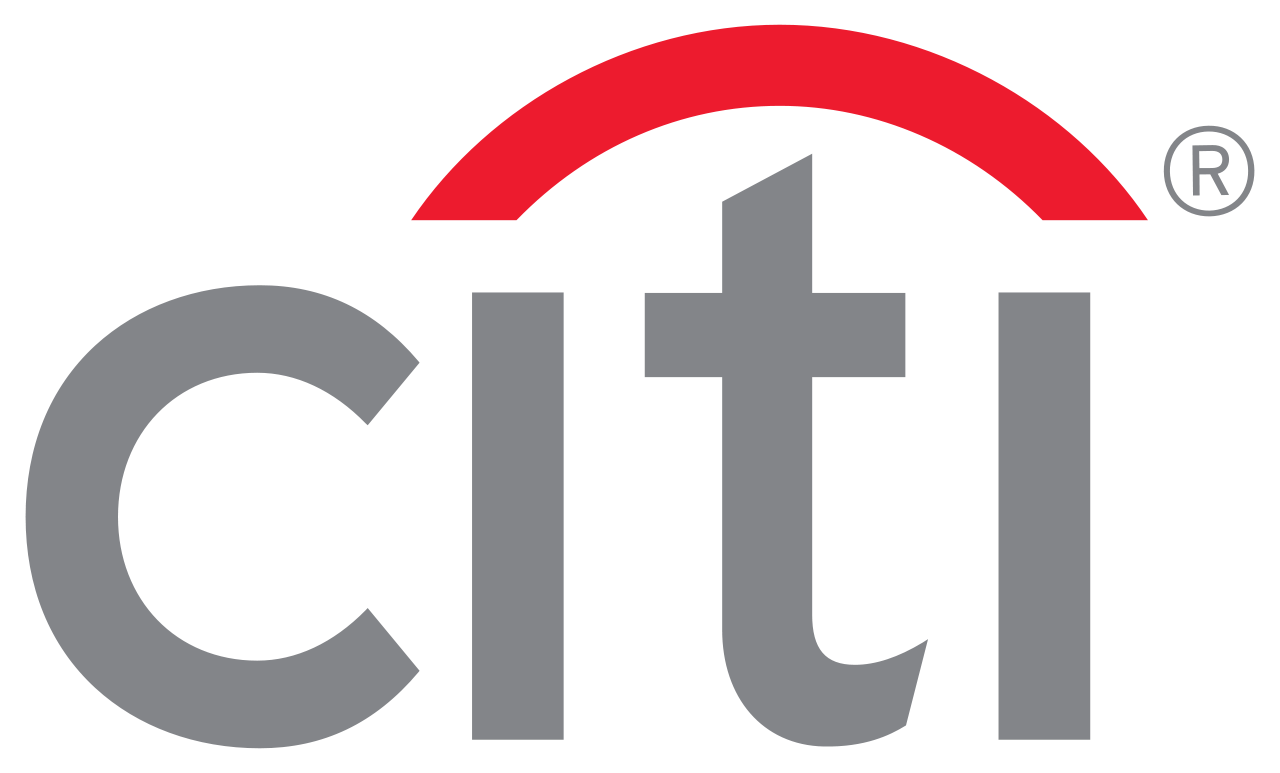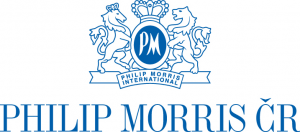Prague holds European ranking as Europe’s real estate industry faces “long, slow haul” to recovery
25.02.2010Company: PricewaterhouseCoopers Česká republika, s.r.o.
Emerging Trends Survey Cites Munich, Hamburg, Paris and London as Promising for Investment
Praha si drží své hodnocení mezi evropskými realitními trhy. Všechny je čeká dlouhá a pomalá cesta k ozdravení
Prague ranked 13th for new acquisitions in this year’s Emerging Trends in Real Estate® Europe survey. According to the report, recently published by the Urban Land Institute (ULI) and PricewaterhouseCoopers (PwC), the easing of credit and stabilising property values will see Europe’s real estate industry improving in 2010, but it still faces a ‘long, slow haul’ to recovery.
Prague real estate markets have been hit hard in the last year as investor sentiment has turned to larger, more liquid markets, leaving Central and Eastern Europe generally out of favour. However amongst the general gloom, there are some signs of light, with some international investors saying they are starting to see opportunities.
Richard Jones, PwC’s real estate industry group leader for the Czech Republic, commented: “The survey results are consistent with what we have seen over the last 12 to 18 months, with few investors willing to back the market. There does seem to be some good news on the horizon, though, in that we are starting to see more interest from international investors in the Czech market in the first half of 2010, and Prague has remained a relatively stable market throughout the crisis.” In addition to its 13th ranking for new acquisitions, Prague ranked 18th for investment prospects and 16th for development in the survey.
For other cities in Central and Eastern Europe, Warsaw fared best making 8th for acquisitions, 13th for investment prospects and 4th for development. Moscow ranked 8th for developments but like Budapest was otherwise out of favour with survey respondents.
The Emerging Trends report is based on surveys and interviews with over 600 of the industry’s leading authorities, including investors, developers, financiers, and property managers. Overwhelmingly, respondents cite the need to move forward cautiously, as Europe’s economy remains fragile due to high unemployment and low consumer spending.
Additionally, the report notes the looming problem of massive refinancing of real estate debt totalling hundreds of billions worth of euros. The industry is apprehensive as it is not clear how this will play out, in terms of whether financial institutions will sell real estate assets and loans or “extend and pretend”. This challenge for the real estate sector is compounded by uncertainty over how, and when, European governments might wean their respective economies off the massive injections of state support. An abrupt withdrawal of the stimulus funds could derail the recovery, and even push the economy back into recession, the report notes.
Glen Lonie, real estate leader in Central and Eastern Europe, PricewaterhouseCoopers, remarked: “This year there is a sense of cautious optimism. Sentiment regarding investment prospects has stabilised and although sentiment regarding development continued to decline, it is a less dramatic fall than that witnessed last year. This year a clear differentiation has emerged among the realestate markets of Central Europe. The key for the year ahead will be the occupier side of the equation, which will in turn be driven by economic developments. Investors are nervous and they are concentrating on the deeper, more liquid markets.”
“Europe’s economic recovery is underway, but it will be sluggish and uneven,” said ULI Europe Chairman Alexander Otto. “We are looking at a crawl back up the hill, and how much values recover will depend on where Europe ends up economically against global competition.” Otto, chief executive officer of ECE Projektmanagement in Hamburg, Germany, noted that in general, Germany is viewed more favourably for investment and development activity than other countries, due primarily to its broad economy. In terms of individual cities, Munich and Hamburg were ranked by the report as the top two prospects in 2010 for existing portfolios, a ranking they also held in 2009. “The diverse economic base and even balance between supply and demand has kept office markets in both cities healthy, making them an appealing choice for investment,” Otto said.
Paris was ranked third by Emerging Trends in terms of prospects for existing portfolios, edging out London due in part to the general perception that it has a wider economic base and is less dependent than London on the financial services sector. Interviewees pointed to the low level of vacancies in Paris, raising its ratings for investment opportunities and, to a lesser extent, for development.
Investor sentiment regarding London “improved significantly” from 2009, due primarily to a market correction led by an infusion of funds from the Middle East and Asia. The city ranked fourth in 2010 for investment in existing properties and first for new acquisition opportunities. For acquisitions, the main focus is offices, with nearly half the respondents citing that as the preferred asset type. Despite some scepticism over the limited extent of the rebound, some interviewees indicated that they are confident enough about London to make development plans for 2011, if not for this year.
William Kistler, president of ULI EMEAI (Europe, Middle East, Africa and India) noted that in the current environment, there is a tendency among investors to focus on markets they know. “Transparency and liquidity attract investors who would not consider other markets, and this is holding true for both London and Paris,” Kistler said. “These markets have strong interest from non-European investors. 2010 is all about playing it safe and avoiding risk.”
Additional markets rounding out the “top ten” named by Emerging Trends for existing property performance prospects are Vienna, Milan, Istanbul, Berlin, Rome and Frankfurt.
In terms of property types, the quality of the location, building and tenant is the main consideration, according to the report. Centre city offices, high-end street retail and shopping centres are the top commercial investment choices for 2010. Residential investments are also highly rated. Although mainstream property types are preferred, niche sectors continue to have some limited appeal, including student housing, self storage, retirement homes, social housing, healthcare facilities and infrastructure. Green development of any kind is gaining significance, particularly with the European Union introducing compulsory energy efficiency ratings for buildings. “It should become part of the DNA of our businesses,” said one respondent.
Among the top tips from the report’s respondents:
- Keep it simple: Go for “plain vanilla real estate investments that everybody understands.”
- Best buys: Core is king. Stick to core and core-plus investments in large, liquid markets.
- Development: For those with the stomach for risk, buy land and start building up a pipeline of projects. Residential and mixed-use are the best sectors.
- Go for debt: Buy a bank or set up a lending platform. Now is a great time to lend on real estate, if you have the right skill-set and no legacy issues. Values are low and “the gap between cost of funds and loan margins is as good as it gets”. Or, buy distressed debt at a discount.
- Green is good: Real estate is on the front line in the battle against climate change. “There is now a clear realisation that environmental and social responsibility is connected to economics. It has become an action issue.”







